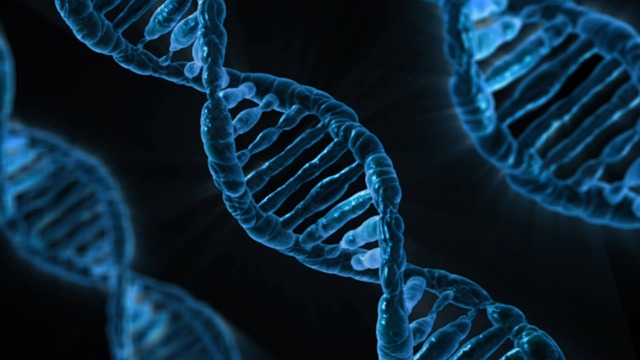Genetic mutations are variations in our DNA sequence. Typically, a human’s genome contains around 9,000 genetic mutations out of a possible 71 million mutations.
To date, only four million of these mutations have been identified in humans. But only a mere two percent of these mutations have been classified, either as disease-causing or benign.
This leaves us with a vast majority of human genetic mutations that are still unclassified. We do not know about their potential impact, and whether they are harmless or harmful.
Predicting the effects of a specific genetic variant is a costly and resource-intensive process.
Now, Google’s AI firm DeepMind has harnessed artificial intelligence to identify 89% of all 71 million mutations, with 90% accuracy.
The Google DeepMind tool, called AlphaMissense predicts whether genetic mutations are likely to cause harm, a breakthrough that could help research into rare diseases. The tool targets “missense” mutations, which involve alterations to a single letter of the genetic code.
AlphaMissense was trained on a massive dataset of human and primate DNA sequences, as well as the 3D structures of millions of proteins. This allowed the AI to learn which mutations are common and harmless, and which mutations are rare and potentially harmful.
This advancement is anticipated to accelerate the diagnostic process and contribute to the quest for improved treatments.
The findings are “another step in recognizing the impact that AI is having in the natural sciences,” said Pushmeet Kohli, vice president for research at Google DeepMind.







